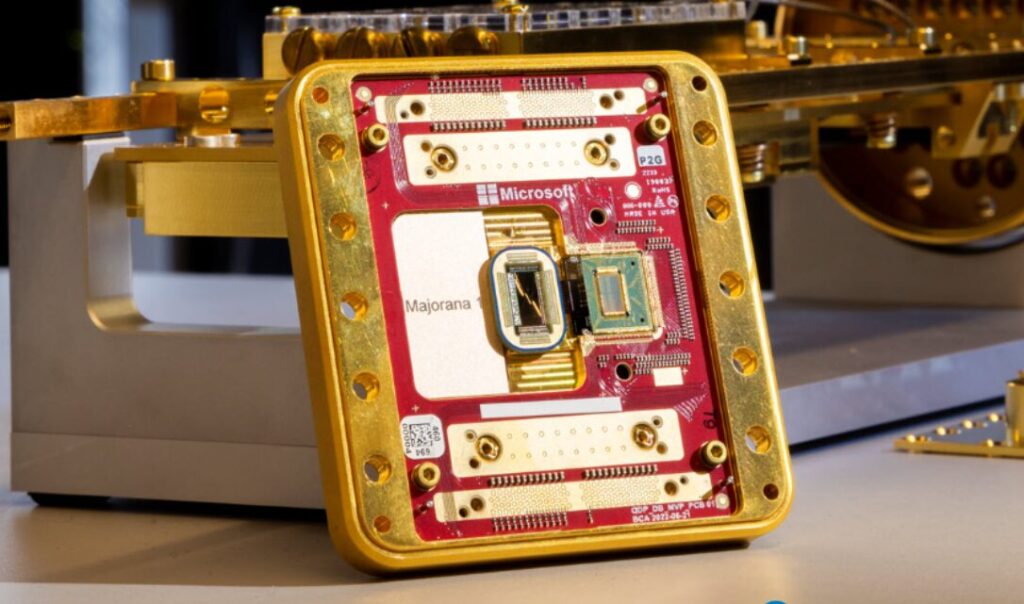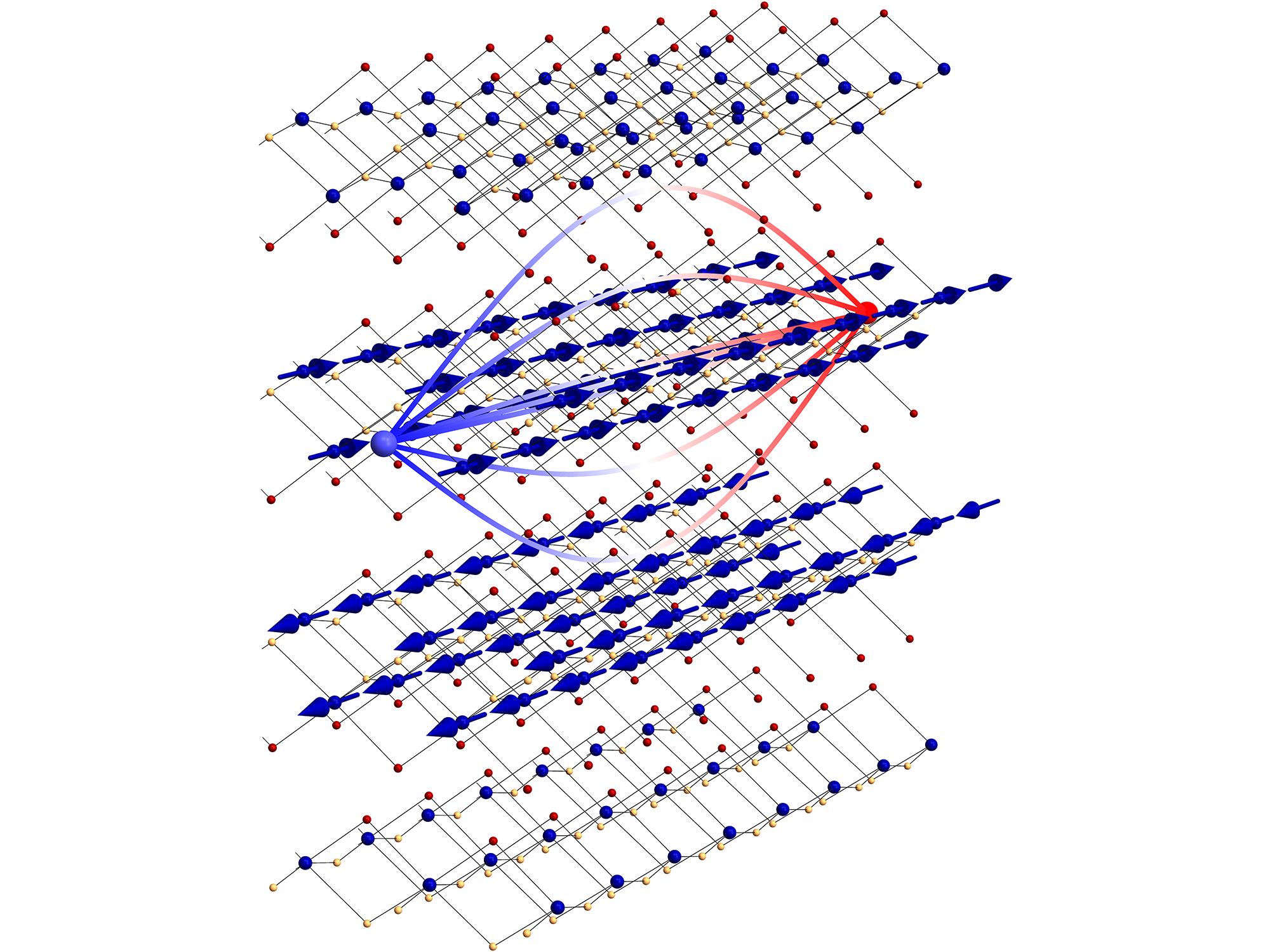
Used with permission from Microsoft
Majorana 1, the eight-qubit topological quantum processor unveiled at Microsoft Station Q’s 2025 conference
In a leap forward for quantum computing, a Microsoft team led by UC Santa Barbara physicists on Wednesday unveiled an eight-qubit topological quantum processor, the first of its kind. The chip, built as a proof-of-concept for the scientists’ design, opens the door to the development of the long-awaited topological quantum computer.
“We’ve got a bunch of stuff that we’ve been keeping under wraps that we’re dropping all at once now,” said Microsoft Station Q Director Chetan Nayak, a professor of physics at UCSB and a Technical Fellow for Quantum Hardware at Microsoft...
Read More









Recent Comments